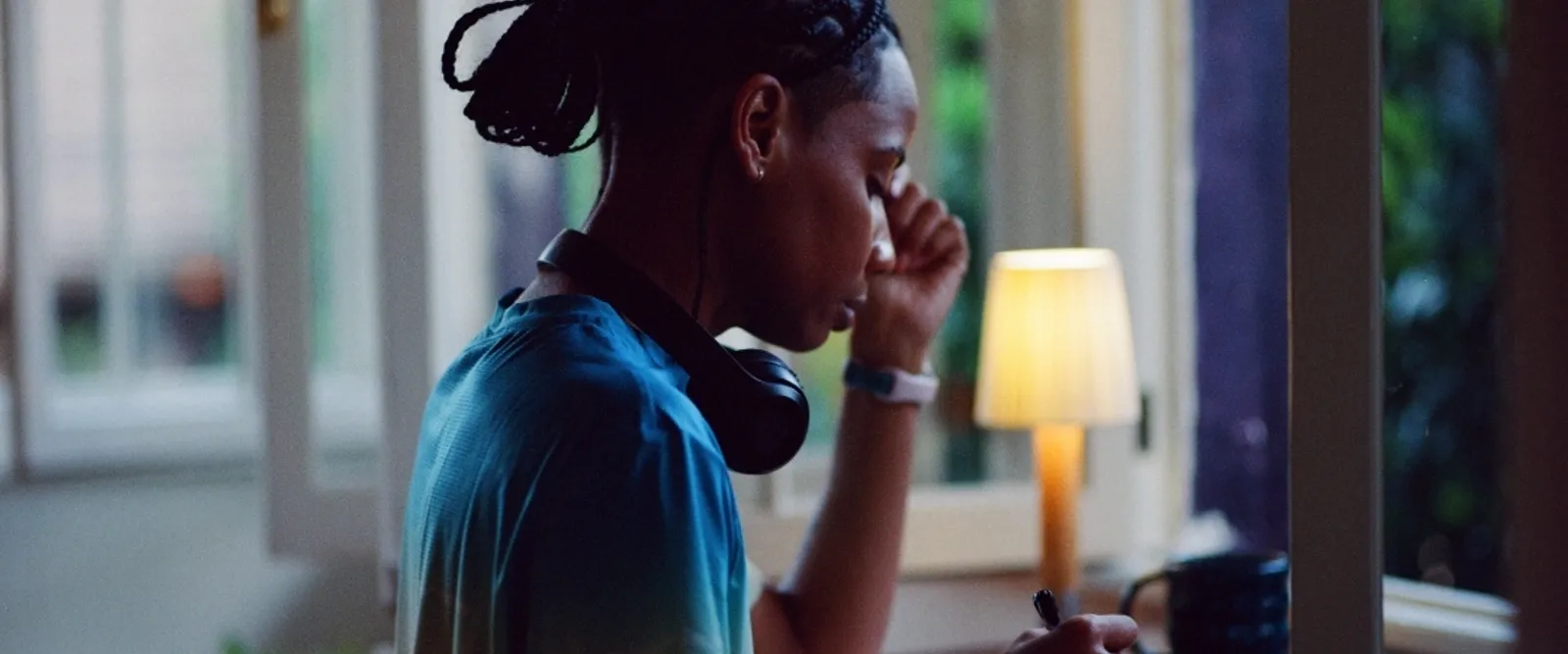Think of the last time you felt a lot of joy
Visualization can have a powerful impact on your wellness or psyche. If you're in a funk or not feeling particularly inspired, try taking moment to think back on the last time you felt truly joyful. What sparked it? Is it a person, a place, a situation? Is there something you can do for yourself today that will maybe inspire that same emotion? Investing in your own personal joy is always worth it.
